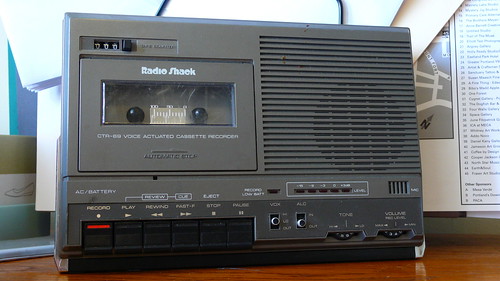Being a cantankerous semi-luddite, my favorite word in the English language
slow. Rather than drawing up images of sluggish lines in the bank or simple minded idiots, my associations with the word slow run more along the lines of relaxed bike rides on a spring afternoon, BBQ ribs, small batch ales, and artisan cheeses. Things that involve care, a process, things that you savour and participate in fully, with no distractions. Thankfully, there are other people out there like me, and a whole "Slow Movement" has sprung up around the idea that slowness is health. I am especially fond of
Slow Food and
The Slow Bicycle Movement.
Well, now there is a whole SLOW READING movement, and a
book recently published outlining its principles (thanks, Library Juice!). Here is excerpt from the 2nd chapter:
"Isaac Asimov (1969) tells a story of a future in which a character is asked to demonstrate his astonishing talent to the president. The talent is to perform basic mathematical calculations on paper without the aid of a computer. “‘Well’, said the president, considering, ‘it's an interesting parlor game, but what is the use of it?’” Many writers of fiction and non-fiction express fear that digital technology will render humans less intelligent. Calculations still get performed, but only by computers. People still access information, but through an implant that delivers it instantly. This kind of access to information is the dream of some information providers today, but it is not what we think of as literacy, and certainly not slow reading.
In the 1990s, society witnessed the mainstream integration of personal computers and the Web. For a time, it seemed likely that print, books and libraries would disappear, and perhaps literacy along with them. A generation later, we have some evidence by which to assess the reality. The analysis that follows shows that there is a close relationship between the media we use to read – books or digital technology – and the way we read and think. This is not to say that reading on screens spells the end of reading. Digital technology is often preferable for searching and scanning short snippets. However, print has endured because it is still the superior technology for reading anything of length, quality or substance. While digital technology lends itself to discovering and remixing ideas in novel ways, slow reading of books is still essential for nurturing literacy and the capacity for extended linear thought."
Full chapter
here.




